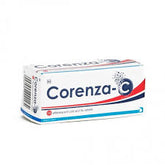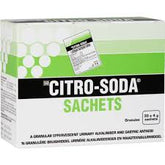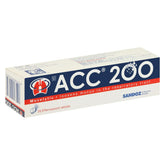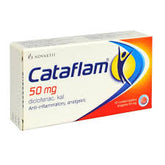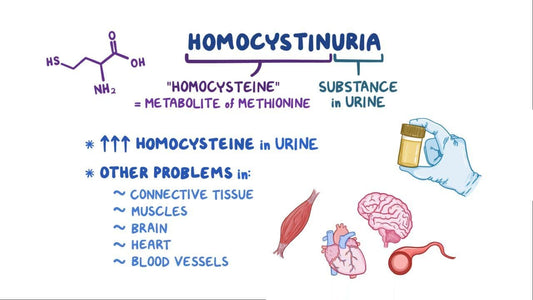featured Hydrocephalus
On by ZimSeller Pharmacy 0 comments
Huntington's disease
On by ZimSeller Pharmacy 0 comments
Hughes syndrome
On by ZimSeller Pharmacy 0 comments
HRT
On by ZimSeller Pharmacy 0 comments
Hormone replacement therapy (HRT)
On by ZimSeller Pharmacy 0 comments
Hormone headaches
On by ZimSeller Pharmacy 0 comments
Homocystinuria
On by ZimSeller Pharmacy 0 comments




